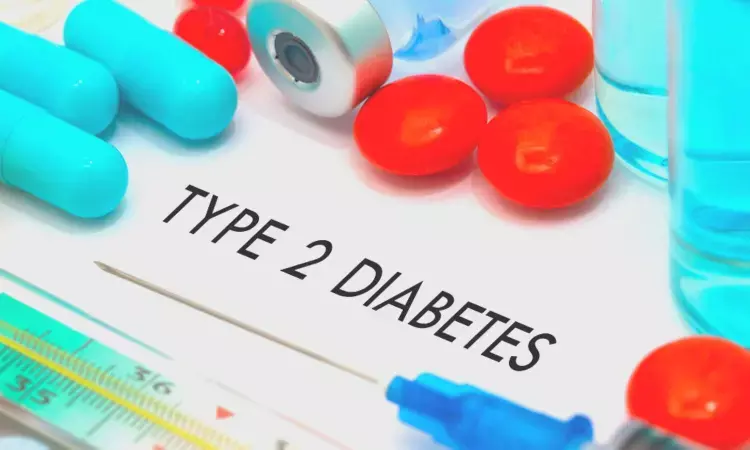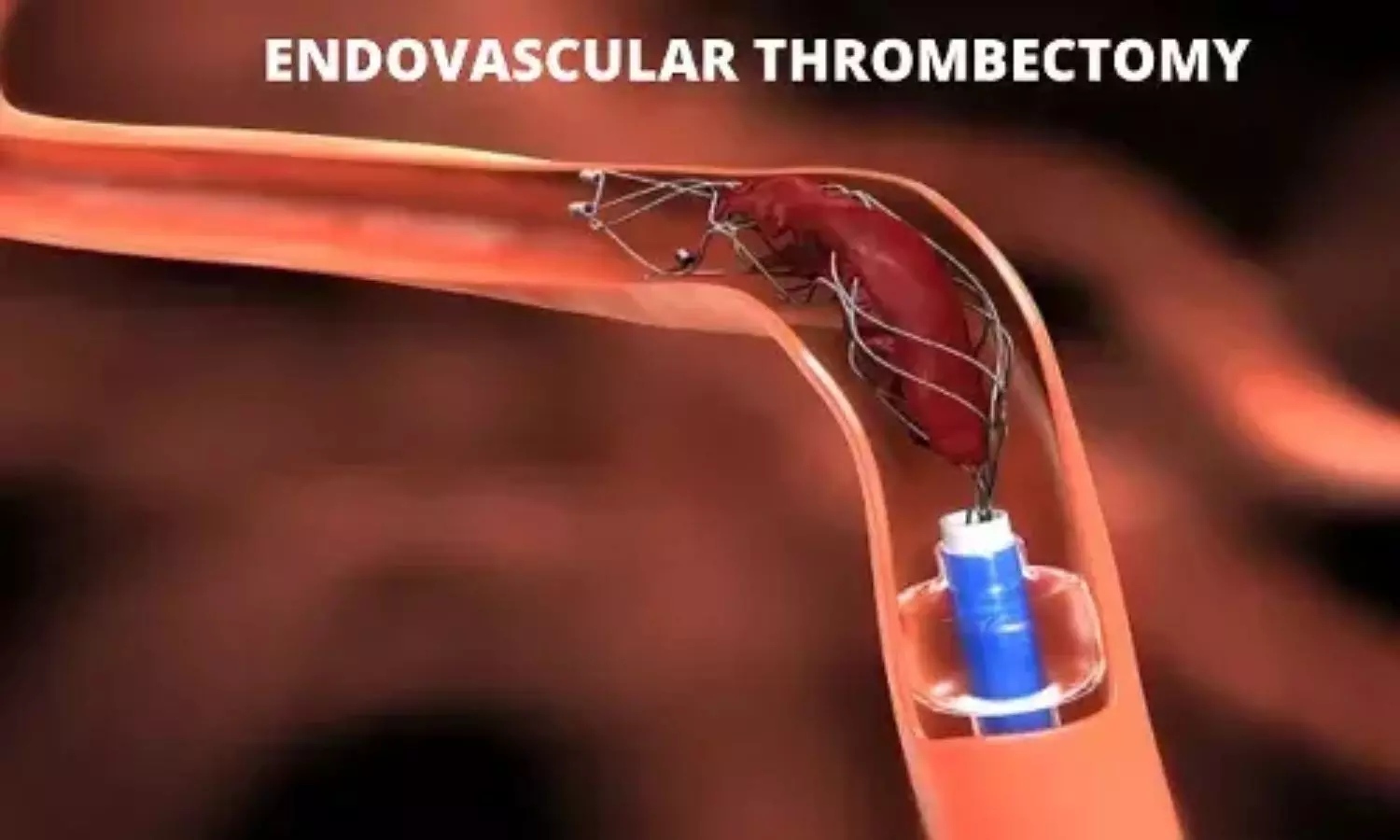- Home
- Medical news & Guidelines
- Anesthesiology
- Cardiology and CTVS
- Critical Care
- Dentistry
- Dermatology
- Diabetes and Endocrinology
- ENT
- Gastroenterology
- Medicine
- Nephrology
- Neurology
- Obstretics-Gynaecology
- Oncology
- Ophthalmology
- Orthopaedics
- Pediatrics-Neonatology
- Psychiatry
- Pulmonology
- Radiology
- Surgery
- Urology
- Laboratory Medicine
- Diet
- Nursing
- Paramedical
- Physiotherapy
- Health news
- Fact Check
- Bone Health Fact Check
- Brain Health Fact Check
- Cancer Related Fact Check
- Child Care Fact Check
- Dental and oral health fact check
- Diabetes and metabolic health fact check
- Diet and Nutrition Fact Check
- Eye and ENT Care Fact Check
- Fitness fact check
- Gut health fact check
- Heart health fact check
- Kidney health fact check
- Medical education fact check
- Men's health fact check
- Respiratory fact check
- Skin and hair care fact check
- Vaccine and Immunization fact check
- Women's health fact check
- AYUSH
- State News
- Andaman and Nicobar Islands
- Andhra Pradesh
- Arunachal Pradesh
- Assam
- Bihar
- Chandigarh
- Chattisgarh
- Dadra and Nagar Haveli
- Daman and Diu
- Delhi
- Goa
- Gujarat
- Haryana
- Himachal Pradesh
- Jammu & Kashmir
- Jharkhand
- Karnataka
- Kerala
- Ladakh
- Lakshadweep
- Madhya Pradesh
- Maharashtra
- Manipur
- Meghalaya
- Mizoram
- Nagaland
- Odisha
- Puducherry
- Punjab
- Rajasthan
- Sikkim
- Tamil Nadu
- Telangana
- Tripura
- Uttar Pradesh
- Uttrakhand
- West Bengal
- Medical Education
- Industry
Proton Pump Inhibitors linked to substantial risk of CVD and mortality among T2 Diabetics

China: Researchers from Wuhan, China found that proton pump inhibitors are associated with a greater risk of cardiovascular disease and mortality among patients with type 2 diabetes. The study results were published in The Journal of Clinical Endocrinology & Metabolism.
Diabetes is a global pandemic and is at an increased risk of morbidity and mortality. Proton pump inhibitors (PPIs) are largely used for gastric-acid-related diseases, that can affect the gut microbiome. Recent data suggest that PPIs use can cause cardiovascular diseases and increase mortality in T2 diabetics. Hence, Tingting Geng et al from Wuhan, China evaluated the associations of PPI use with cardiovascular disease (CVD) risks and all-cause mortality in patients with type 2 diabetes (T2D).
Using data from the UK Biobank study, the associations of PPI use with risks of coronary artery disease (CAD), myocardial infarction (MI), heart failure (HF), stroke, and all-cause mortality were evaluated in 19,229 adults with T2D.
Key findings of the study:
- During a median follow-up of 10.9-11.2 years, a total of 2,971 CAD, 1,827 MI, 1,192 HF, and 738 stroke cases, along with 2,297 total deaths were documented.
- There was a significant association with higher risks of CAD, MI, HF, and all-cause mortality with PPI use.
- PPI use was not significantly associated with stroke.
- Subgroup analyses revealed consistent results stratified by factors including indications of PPI, anti-diabetic medication use, and antiplatelet drug use.
- Similar results were obtained in the analyses in a 1:1 propensity score-matched cohort of PPI users versus non-users.
Thus, the study indicates a higher risk of CVD and mortality with the use of PPIs in type 2 Diabetics.
Further reading: Geng T, Chen JX, Zhou YF, et al. Proton Pump Inhibitor Use and Risks of Cardiovascular Disease and Mortality in Patients with Type 2 Diabetes [published online ahead of print, 2022 Dec 27]. J Clin Endocrinol Metab. 2022;dgac750. doi: 10.1210/clinem/dgac750
BDS, MDS
Dr.Niharika Harsha B (BDS,MDS) completed her BDS from Govt Dental College, Hyderabad and MDS from Dr.NTR University of health sciences(Now Kaloji Rao University). She has 4 years of private dental practice and worked for 2 years as Consultant Oral Radiologist at a Dental Imaging Centre in Hyderabad. She worked as Research Assistant and scientific writer in the development of Oral Anti cancer screening device with her seniors. She has a deep intriguing wish in writing highly engaging, captivating and informative medical content for a wider audience. She can be contacted at editorial@medicaldialogues.in.
Dr Kamal Kant Kohli-MBBS, DTCD- a chest specialist with more than 30 years of practice and a flair for writing clinical articles, Dr Kamal Kant Kohli joined Medical Dialogues as a Chief Editor of Medical News. Besides writing articles, as an editor, he proofreads and verifies all the medical content published on Medical Dialogues including those coming from journals, studies,medical conferences,guidelines etc. Email: drkohli@medicaldialogues.in. Contact no. 011-43720751




